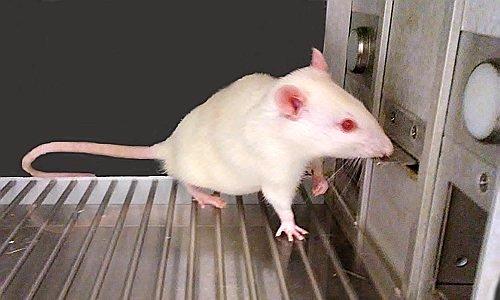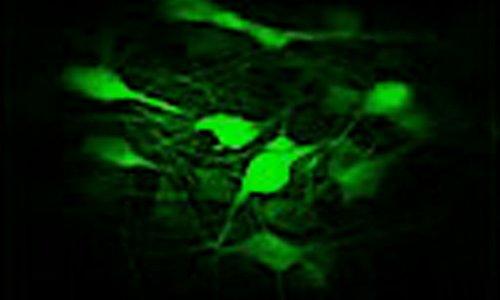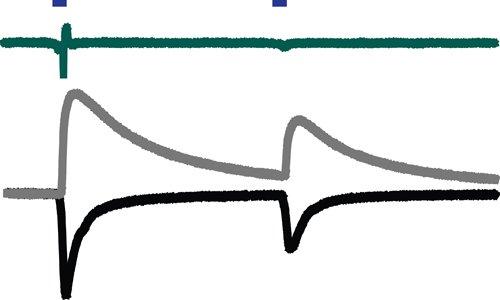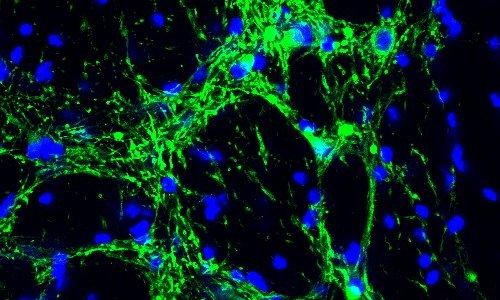Meet our Team
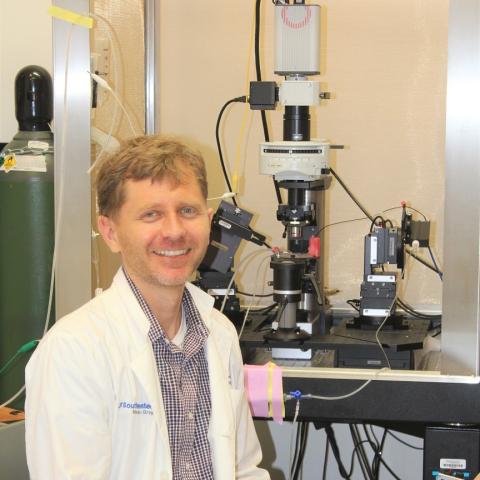
Steve Shabel, Ph.D.
Principal Investigator
Steve was raised in the San Francisco Bay Area. He received his bachelor's degree in biology from the University of California San Diego and Ph.D. in neuroscience from the University of California San Francisco, where he worked with Patricia Janak. For his postdoctoral work, he returned to UCSD, where he worked with Roberto Malinow. Steve started the lab in the Department of Psychiatry at UT Southwestern in 2017.
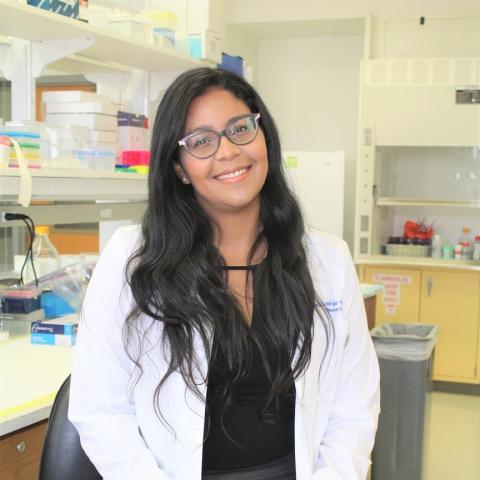
Natalia Rodriguez-Sosa, B.S.
Graduate Student
Natalia is a graduate student from the Neuroscience program. She grew up in Puerto Rico and completed a bachelor degree in Chemistry at the University of Puerto Rico, San Juan. During undergrad she was a MARC fellow and had the opportunity to be part of summer internship cohorts at the University of Minnesota, UTHSCSA and Stanford. Currently she continues to shape her professional career as a scientist and desires to be involved in outreach and community service activities. Also she is learning how to endure the cold weather as she is a tropical island girl.
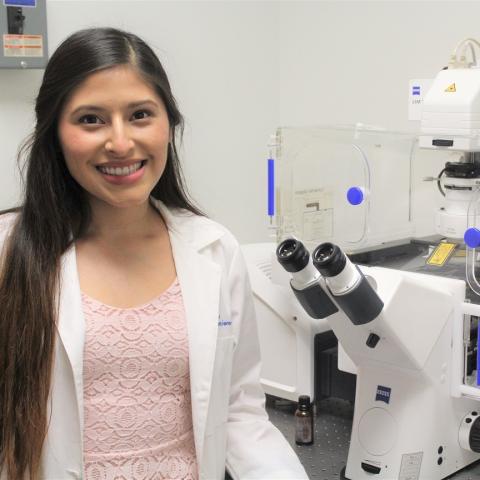
Lupita Rios, B.S.
Graduate Student
Lupita received her bachelor's degree in Cognitive Neuroscience from Brown University in Providence, RI. She has spent several summers conducting research at UTSW through the STARS and SURF programs. She joined the Shabel Lab in 2017 as a lab technician, and is now a graduate student in the neuroscience program at UTSW, focusing on the role of the lateral habenula in depression-related behavior. During her free time, Lupita enjoys buying plants, creating pottery, and advocating for mental health awareness.
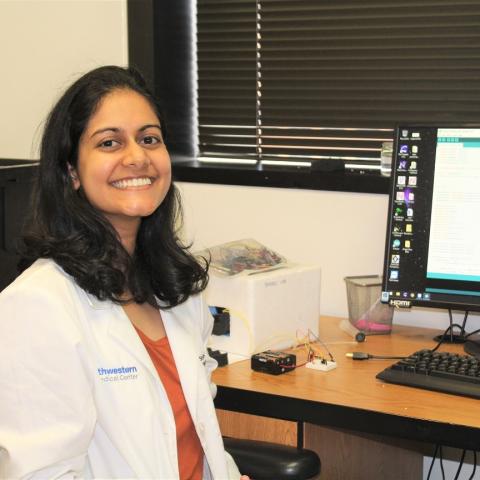
Srijani Biswas, B.E., M.Sc.
Graduate Student
Srijani majored in biological sciences and mechanical engineering in undergrad at BITS Goa, India. She joined the Shabel Lab in 2019 and is working on determining the role of the lateral habenula in affective bias. When she’s not in lab, she likes to travel, sleep and stay up to date on thriller movies and books.
Lab Alumni
Amy Loriaux, Health Industry and Standards Writer, Intelligent Medical Objects
Our Research
Our hypothesis is that the manner and degree to which an individual learns from reward and punishment determines their susceptibility to depression and addiction. We aim to characterize the ways in which reward systems vary from individual to individual and understand how this variation determines propensity for depression and addiction-like behavior.
To accomplish this, we use:
- Innovative optical techniques to measure how discrete brain circuits encode reward and punishment in rodents
- Optogenetics to determine how perturbation of these circuits affects motivated behavior
- Slice electrophysiology to determine how neurotransmission of specific neural projections is altered in animal models of depression and addiction
For more information, visit www.shabellab.org.
Featured Publications
Shabel, S.J., Wang, C., Monk, B., Aronson, S., & Malinow, R. (2019). "Stress transforms lateral habenula reward responses into punishment signals." Proceedings of the National Academy of Sciences, 116(25), 12488-12493.
Rodriguez-Sosa, N., Biswas, S., & Shabel, S.J. (2019). "Coping with stress, one habenula neuron at a time." Neuron, 102(3), 520-522.
Shabel, S.J., Proulx, C.D., Piriz, J. and Malinow, R. (2014) "GABA/glutamate co-release controls habenula output and is modified by antidepressant treatment." Science 345(6203):1494-8.
Shabel, S.J., Murphy, R., and Malinow, R. (2014) "Negative learning bias is associated with risk aversion in a genetic animal model of depression." Frontiers in Neuroscience 8:1.
Shabel, S.J., Proulx, C., Trias, A., Murphy, R.T., and Malinow, R. (2012) "Input to the lateral habenula from the basal ganglia is excitatory, aversive, and suppressed by serotonin." Neuron 74(3):475:81.
Shabel, S.J., Schairer, W., Donahue, R.J., Powell, V., and Janak, P.H. (2011) "Similar neural activity during fear and disgust in the basolateral amygdala." PLoS One 6(12):e27797.
Shabel, S.J. and Janak, P.H. (2009) "Substantial similarity in amygdala neuronal activity during conditioned appetitive and aversive emotional arousal." Proceedings of the National Academy of Sciences 106(35):15031-6.
Contact Us
Steve Shabel, Ph.D.
Assistant Professor
214/648-0547
UT Southwestern Medical Center
5323 Harry Hines Blvd. NC6.214
Dallas TX 75390-9070
